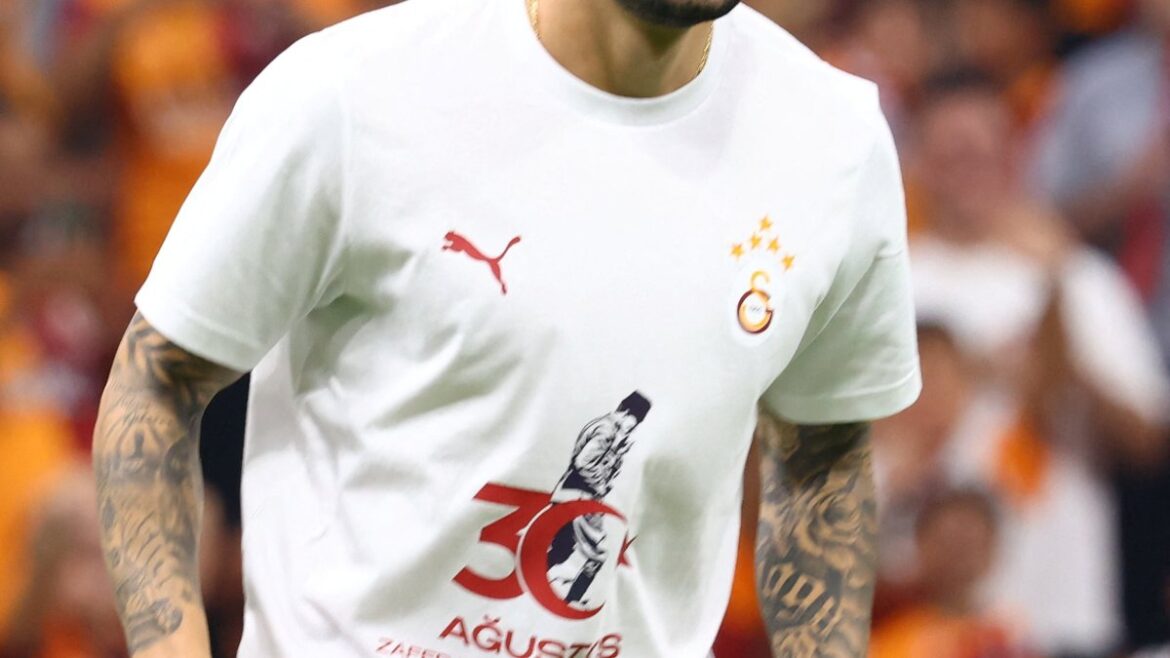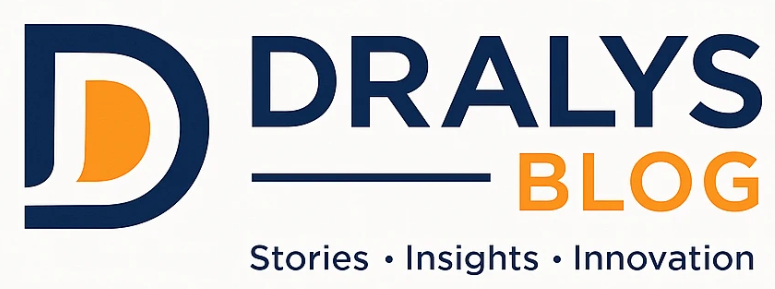Navigating the Moral Crisis in Turkish Football: A Call for Ethical Leadership and Governance
In recent weeks, Turkish football has been engulfed in a significant controversy, marking what the Turkish Football Federation (TFF) president, Ibrahim Haciosmanoglu, has termed a "moral crisis." This assertion comes in the wake of an extensive investigation into alleged betting practices that have rocked the nation’s revered game. The gravity of the situation is underscored by the arrest of Eyupspor Chairman Murat Ozkaya and seven others, as well as the suspension of over 1,000 players pending disciplinary measures. These developments not only highlight systemic issues within sports governance but also raise critical questions about ethics and leadership in society.
The Scope of the Scandal
The allegations of match-fixing and abuse of power have reverberated through the fabric of Turkish football. The TFF’s startling revelation that a staggering 371 out of 571 active referees maintained betting accounts, with 152 actively engaged in gambling, signifies rampant ethical breaches. This extent of compromise raises concerns over the integrity of the sport and poses a challenge for stakeholders committed to fair play and transparency.
Among the suspended individuals is Galatasaray defender Eren Elmali, who has publicly distanced himself from recent bets linked to past actions. His case illustrates the complex intersection of individual moral responsibility and systemic wrongdoing. The sheer scale of investigations implicating nearly all levels of Turkish football — especially in the lower leagues where over 900 suspected players operate — reflects profound governance failures that cannot be overlooked.
Ethical Leadership and Responsibility
In times of crisis, the role of effective leadership becomes paramount. Ibrahim Haciosmanoglu’s acknowledgment of a moral crisis is a step towards transparency, but the call for change must extend beyond admission. Leaders in sports governance must embody ethical principles, demonstrate accountability, and foster an environment where integrity is non-negotiable.
The ramifications of this scandal extend far beyond the football pitches; they reverberate throughout society. Sports are not merely a form of entertainment but serve as a microcosm of broader societal values. When corruption seeps into a beloved national pastime, it undermines public trust and diminishes the moral fabric of the community. Fostering an ethical culture in sports requires a commitment to robust governance frameworks that prioritize transparency, fairness, and the welfare of all participants.
Governance and Oversight Mechanisms
To counteract the trend of ethical lapses, the TFF and other governing bodies must implement stringent oversight mechanisms. This could involve re-evaluating regulations regarding betting, enhancing monitoring systems for referees and players, and imposing severe penalties for violations. Furthermore, educational programs focusing on ethics and integrity in sport can empower players, coaches, and officials to make principled decisions.
In a time when technological innovation has the potential to promote transparency, governance in sports can benefit from adopting advanced monitoring systems. Utilizing artificial intelligence and blockchain technology could create more tamper-proof environments and foster an ecosystem of accountability where illicit actions are more easily detected and addressed.
Innovation in Response to Crisis
The betting scandal presents an opportunity for Turkish football to emerge stronger and more resilient. While facing societal backlash, stakeholders have the chance to innovate by introducing reforms that prioritize ethical conduct and integrity. Initiatives could include engaging with ethicists to develop guidelines that govern betting behavior among players and officials or creating whistleblower protections to encourage the reporting of unethical practices.
Moreover, this crisis could propel a nationwide conversation on the broader implications of gambling within sports. A societal discourse that incorporates diverse perspectives can foster a culture that values ethics over profit. By facilitating collaboration between sports entities, legislative bodies, and civil society organizations, Turkey can work towards sustainable reforms that uplift the sport.
Dralys Insight
The unfolding betting scandal in Turkish football serves as a stark reminder of the ethical complexities that pervade our societies, particularly in high-stakes environments such as sports. The situation underscores the necessity for ethical leadership, robust governance, and innovative solutions to prevent future crises.
As stakeholders reflect on this moment, several key lessons emerge:
-
Leadership Accountability: Strong leadership is essential for instilling a culture of integrity and transparency within organizations. Leaders must not only acknowledge crises but also drive systematic changes.
-
Enhanced Oversight: Implementing rigorous oversight mechanisms and regulations can minimize opportunities for unethical behavior, ensuring the sport’s integrity.
-
Investment in Education: Fostering an understanding of ethics through training programs is vital for all stakeholders, including players, coaches, and officials.
-
Public Trust: Maintaining the integrity of sport is crucial for public trust; therefore, open dialogue and reforms must involve players, clubs, and the community.
- Technological Solutions: Leveraging technology offers innovative pathways to bolster governance, paving the way for a new era of accountability in sports.
This crisis is a pivotal moment for Turkish football, presenting an opportunity to recalibrate its ethical compass and innovate for a brighter, more transparent future. By prioritizing integrity and societal values, Turkish football can not only regain its standing but also set a precedent for other nations grappling with similar challenges.
Adapted for Dralys Insight from global reports and public sources.

